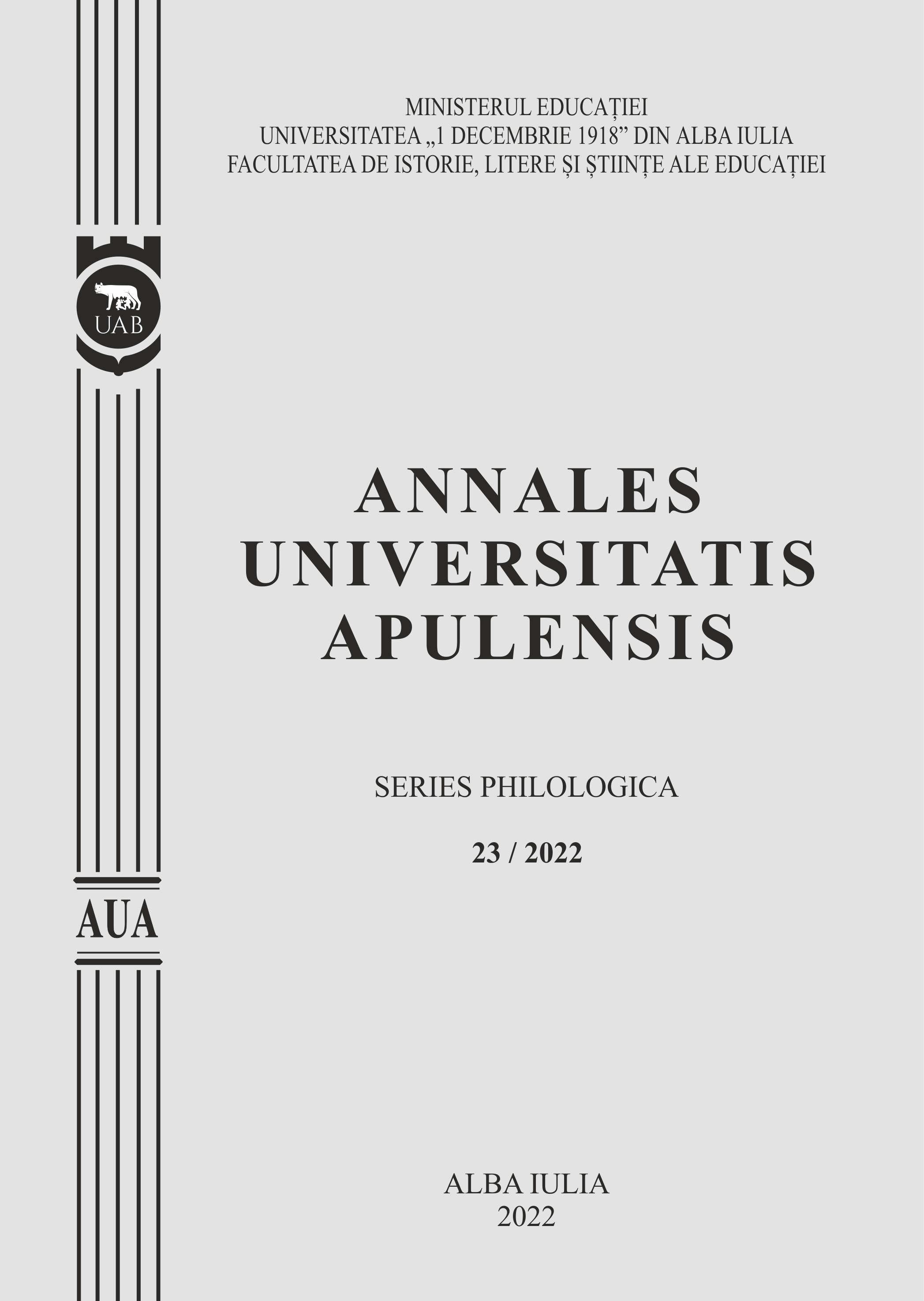PROCÉDÉS DE REFORMULATION : FONCTIONS ET EFFETS DANS CIELS DE WAJDI MOUAWAD ET DANS LE DISCOURS ANTI-ISLAM DE VIKTOR ORBÁN
REFORMULATION PROCESSES: FUNCTIONS AND EFFECTS IN WAJDI MOUAWAD'S CIELS AND VIKTOR ORBÁN'S ANTI-ISLAM DISCOURSE
Author(s): Georgiana Todoran, Vlad DobroiuSubject(s): Language and Literature Studies, Politics and communication, Migration Studies, Peace and Conflict Studies, Sociology of Literature
Published by: Universitatea »1 Decembrie 1918« Alba Iulia
Keywords: dramatic conflict; Muslim refugees; reformulation process; national politics; anti-immigration discourse;
Summary/Abstract: In this article, we intend to analyze a play written by Wajdi Mouawad, Ciels, from a linguistic perspective. We will focus on the manner in which it is built the conflict between the characters of the play. The concepts of tension and suspense will closely be analyzed, since they are essential for the dramatic interaction between the different characters created by Wajdi Mouawad. We pay special attention to the sequences related to religious wars, particularly the terrorist attacks that have recently been done in multiple European countries by extremist Islamists. More precisely, we identify the processes of reformulation that appear in various stages of the dramatic conflict, and we analyze their importance for the overall action of the play. After analyzing Ciels by Wajdi Mouawad, we redirect our attention to “the politics of emotion” that have been practiced by some European politicians who seem to reject Muslim refugees entering their countries. We specifically refer to the anti-Islam discourse of the Hungarian Prime Minister, Viktor Orbán. The ideas concerning the identification and description of auto- and hetero-reformulations are based on the theories of Gülich and Kotschi (1985, 1987, 1995), as well as on the theories of Kerbrat-Orecchioni (2005). As we already mentioned before, the reformulation sequences occupy an essential place in the discourses that we analyze and they need to be explained carefully and in detail in order to avoid any possible misunderstanding and/or misinterpretation of the dramatic or political situations that we describe in our research.
Journal: Annales Universitatis Apulensis. Series Philologica
- Issue Year: 23/2022
- Issue No: 1
- Page Range: 250-259
- Page Count: 10
- Language: French

